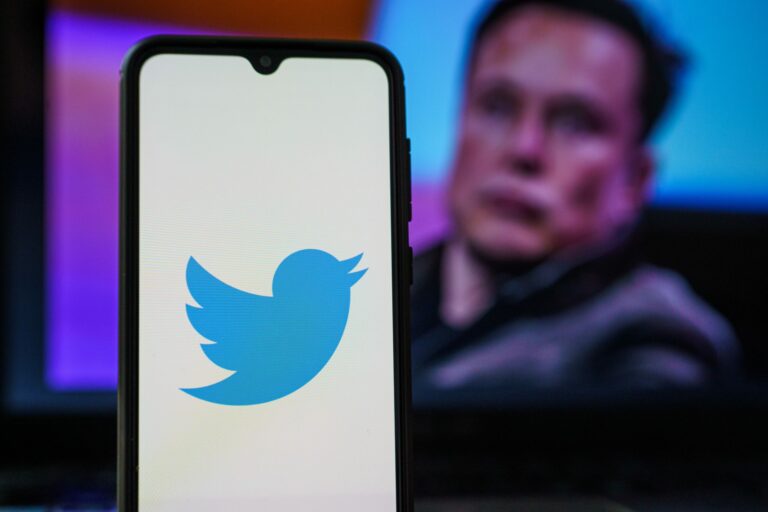The Twitter saga knows no end. Since the social media platform was acquired by Elon Musk last year, the uproar has continued. Now, a report from Platformer shows that Google Cloud bills are also piling up at Twitter’s offices, which, too, are being occupied without rent being paid. For the latter’s case, Musk was sued for his refusal to pay his monthly sum for offices in London, San Francisco and New York.
Twitter uses Google’s services for all sorts of things. For example, it runs services to combat spam, remove child abuse content, and protect accounts. In other words, essential matters. Earlier, it was revealed that Twitter had been feuding with AWS, which also runs some of its services and for which Musk also suddenly stopped paying. In response, Amazon threatened to transfer ad payments only if it itself had received money from Twitter. The need to house costly offices in some of the world’s most expensive cities is debatable. Still, refusing rent or cloud payments is something quite different to breaking a contract lawfully. What’s going on?
Drastic measures
Above all, let’s not forget how the Musk-Twitter marriage came about. After much wrangling, the tech tycoon decided to acquire the company for $43 billion after all, knowing that he might have been forced to complete the purchase because of his previous statements displaying his intent to do so. Things very much started off as they were meant to go on.
Much rumbling with advertisers pulling out due to the hosting of controversial content followed. Not much later, multiple rounds of layoffs proved necessary to keep finances in check. Months later, Twitter kept appearing in the news, a recent example being its decision to jack up API pricing. All actions that create a lot of instability. However, Musk seems to take these drastic measures with complete conviction, although he sometimes backs down a little bit. One example of such an instance was that Twitter did open the API for academic purposes after that was previously in doubt.
Still, there is a method to the madness: people sometimes call it playing hardball, or an aggressive way of negotiating. By letting the deadline close up and vehemently criticizing the other party involved, Musk hopes to secure a more advantageous deal. For now, it is not entirely clear whether this is going to work. According to himself, at least in March of this year, Twitter was only worth less than half of the original amount he acquired the company for.
Change coming
The transition to a new CEO, namely Linda Yaccarino, offers a chance for change. Because Musk, with his often exuberant tweets, is also the signifier of official Twitter policy, users of the platform have been left in a labyrinth of changing policies and new pricing models. With a different set of duties ahead of him from now on, Musk may be able to be a little less twitchy policy-wise. Perhaps he will still be useful to the platform as an attention generator without all the drawbacks of his erratic and heavy-handed policies.
What will happen? Platformer expects Twitter to start working with its own on-prem data center before its contract with Google Cloud expires. However, this project is said to be behind schedule, which could suddenly put its related services out of business. It is reminiscent of the sudden shutdown of many applications running the Twitter API when the company opted for a high paywall. In short: there may have to be a new temporary contract. At least in the short term, Musk can still count on ongoing lawsuits and risk the day-to-day operation of Twitter. Looking a little further into the future, we may see his role within the company being just a tad less prominent. Who knows, it may allow Twitter to operate outside the news for a week. It would be convenient, as Meta is gearing up a rival for the platform as we speak.
